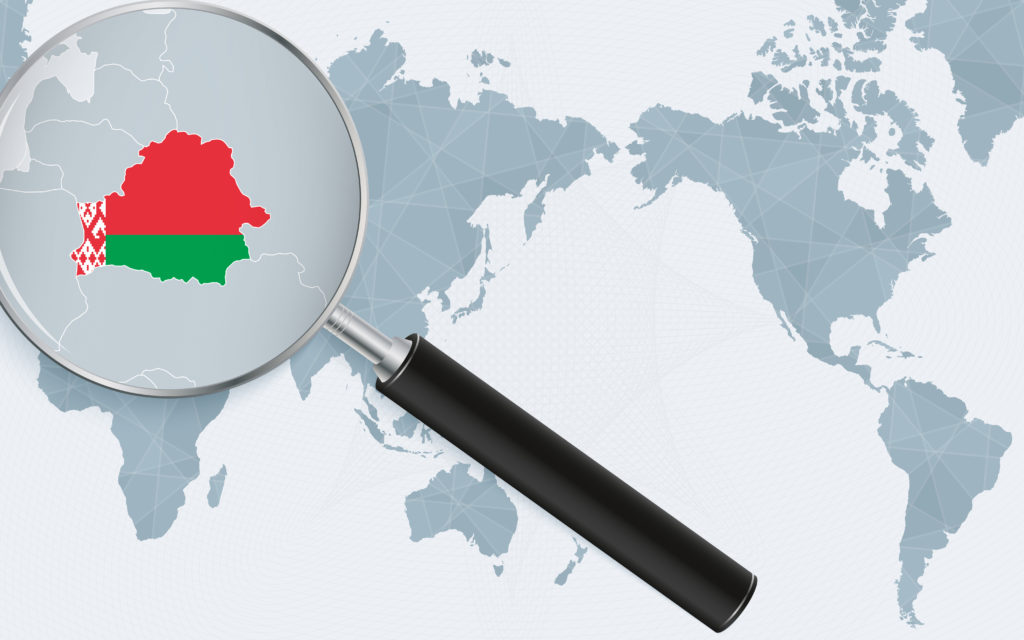Original article (in Bosnian) was published on 24/08/2022
A list of the alleged cost of living in Belarus has been published on Facebook, which “testifies” to the quality of life in that country but is almost entirely made up of incorrect statements.
On August 22, 2022, a list of claims about the cost of living in Belarus was published on Facebook, thus trying to present this country as an ideal place for a comfortable life:
THAT’S HOW IT IS
The average salary in Belarus is €980
– Electricity, apartment maintenance, water and garbage (gas heating, heating, air conditioning) €18.00 per month throughout the year.
– 98% of medicines are free, and the most expensive cannot exceed €0.99
– Milk, cheese, and other dairy products range from €0.06 to €0.12 per liter/kg
– Bicycle €9;
– Motorbike of medium cubic capacity €12;
– Motorbike with more cubic capacity €48;
– Car from €500 to €2000;
– Oil, gasoline (various) €0.10-0.22
– Interest rate 0.5% per year (proportional to state inflation);
– Airline tickets to Russia and Asia €10:
– Airline tickets to the EU €60;
– Monthly tickets for the metro, bus and train €2;
– Telephone and IT services with a mobile phone €7;
– Books for school, education and homes for pupils and students are free;
– Dental services are free
– Belarus (Belarus) ranks 188th according to the world’s crime rate.
In less than 48 hours, the post on Facebook recorded over 300 interactions. However, many of the claims on the list do not correspond to the facts.
What are the facts?
Raskrinkavanje already addressed similar false claims about welfare in Belarus under Alexander Lukashenko’s regime in an analysis from November 2021, which you can find here.
At the very beginning of the new list is the first incorrect statement. It is not true that the average salary in Belarus is 980 euros. According to data from several websites (1, 2), the average salary is twice as low and amounts to around 480 euros per month.
The claim that electricity, water and maintenance costs are 18 euros per month throughout the year is also incorrect. According to data from the Serbian website Numbeo, which contains a database of prices of living expenses in different parts of the world, in the capital Minsk, these costs amount to about 57 euros per month. According to data from the same page, in other Belarusian cities such as Barysau, Navapolatsk and Dubrovna, these costs range between 40 and 80 euros per month.
The price of a liter of milk in Minsk, according to Numbeo, is 0.79 euros, and similar prices are listed for the other cities. Monthly tickets for public transport cost between 13 and 18 euros, and the price of a new car is on average around 20,000 euros.
The price of a liter of fuel in Belarus is around 0.98 euros.
The prices of return plane tickets from Minsk to destinations in Asia, such as Tokyo, Dubai and Singapore, amount to several thousand euros, as well as the prices of flights to the countries of the European Union.
According to the World Population website, Belarus is the 24th country in the world in terms of crime rate. The crime index, calculated by dividing the number of total reported crimes by the number of inhabitants and multiplying by 100, is 59.58. Therefore, Belarus is way ahead of being 188th in terms of crime rate, as claimed in the controversial Facebook post.
As was the case with the previous list of welfare claims in Belarus, most of these claims are incorrect.
According to World Data, Belarus ranks 113th in terms of quality of life in the country.
Romanticizing and inventing welfare in countries under the control of strict dictators has become a relatively common phenomenon on social networks in the past year. In addition to the previous list of fabricated claims about Belarus, which was said to reveal the “real reason” why the West is bothered by Alexander Lukashenko, also called “the last European dictator“, known for gross violations of human rights, a list of similar claims went viral on Facebook about life in Libya under Muammar Gaddafi’s rule. In this case, too, fabricated claims about prosperity in Libya served to glorify the dictator and express anti-democratic sentiments. You can read more about it in Raskrinkavanje’s analysis here.
Given all the facts, we evaluate the inaccurate claims about the prices of living costs in Belarus, which prove the non-existent prosperity, as fake news.

